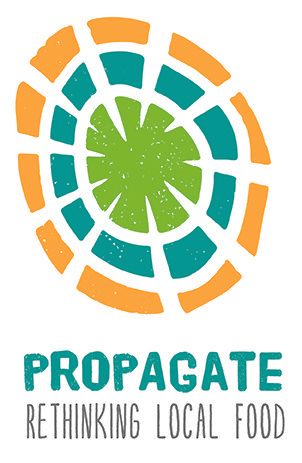History and Present: Colonisation and Decoloniality
The environmental movement as a whole has had a history of failing and excluding BPOC communities, either actively or unconsciously, by not listening to or working in solidarity with those struggles. This comes from a history of colonisation and enslavement of lands and peoples, which still has not been reckoned with: horticulture is definitely not immune to this. [1]
Modern, regenerative or sustainable farming practices, including permaculture and agroecology, have been heavily influenced by indigenous knowledge systems from across the globe - yet this is, more often than not, ignored.[2] Indigenous people evolved cultures with practices which meant living as a part of the more-than-human world - not trying to dominate it. It’s important that we give credit where it is due. We must recognise that the medicine to the current environmental and biodiversity crises means understanding their links to crises of justice. We must learn from cultures not based in domination, from an approach which doesn't treat land as a commodity, and is rooted in justice.[3]
We are working for a better world: this means discontinuing to do things as they have been done before, it means centring voices from BPOC, women, queer communities, disabled people, and economically persecuted communities. It means an intersectional lens, understanding that we cannot be free, or healthy, whilst others are not. It means thinking about how we can make reparations for the past. [4]
[1] https://www.architectural-review.com/essays/the-coloniality-of-planting
[2] https://landworkersalliance.org.uk/land-in-our-names-reflections/
[3] https://bioneers.org/decolonizing-regenerative-agriculture-indigenous-perspective/
[4] https://www.resilience.org/stories/2020-06-24/building-an-anti-racist-food-movement/
